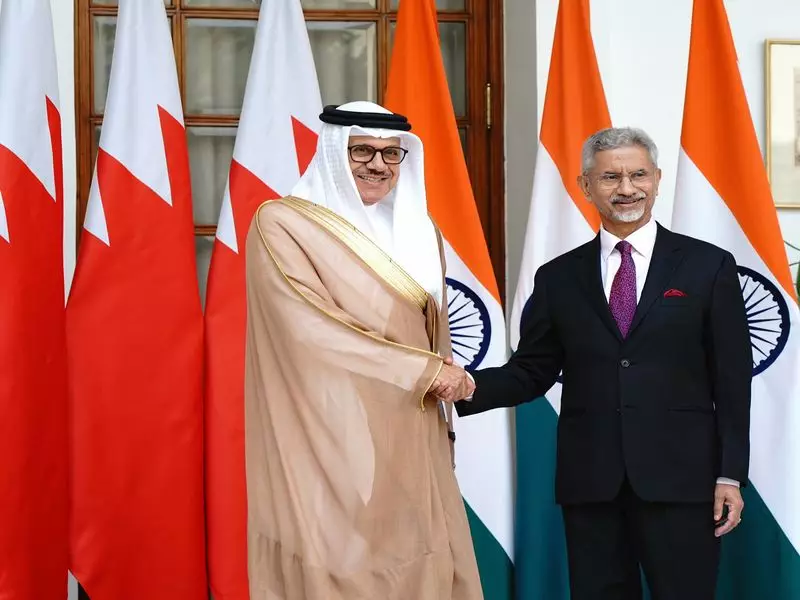
In a significant move to deepen economic cooperation, India and Bahrain have accelerated negotiations on two pivotal agreements that promise to transform their bilateral trade and investment landscape. The discussions, which gained momentum during the first Joint Committee Meeting held in Manama, focus on establishing a Bilateral Investment Treaty (BIT) and a Comprehensive Economic Partnership Agreement (CEPA).
Strengthening Economic Foundations
The recent high-level talks between Indian and Bahraini officials have created substantial progress in finalizing the framework for enhanced economic collaboration. According to the Ministry of External Affairs, both nations are working diligently to create comprehensive agreements that will provide greater market access and robust investment protection for businesses from both countries.
Key Focus Areas of Negotiations
The proposed agreements cover multiple dimensions of economic engagement:
- Bilateral Investment Treaty (BIT): Aims to provide comprehensive protection to investments, ensuring fair and equitable treatment for investors from both nations while establishing clear dispute resolution mechanisms.
- Comprehensive Economic Partnership Agreement (CEPA): Seeks to reduce trade barriers, enhance market access for goods and services, and create a more favorable environment for economic cooperation across various sectors.
Building on Strong Historical Ties
The enhanced economic discussions build upon decades of strong diplomatic relations between India and Bahrain. The Gulf nation hosts a significant Indian expatriate community that has contributed substantially to both countries' economic and cultural exchanges. The new agreements are expected to further strengthen these existing people-to-people connections while creating fresh business opportunities.
Mutual Economic Benefits
Industry experts highlight several advantages that both countries stand to gain from these agreements:
- Increased two-way investment flows in key sectors including infrastructure, technology, and renewable energy
- Enhanced market access for Indian pharmaceuticals, automobiles, and engineering goods
- Greater opportunities for Bahraini investors in India's growing manufacturing and service sectors
- Strengthened economic resilience through diversified trade partnerships
The successful conclusion of these agreements is expected to create a new chapter in India-Bahrain economic relations, potentially serving as a model for India's engagement with other Gulf Cooperation Council (GCC) countries. Both nations have expressed strong political will to finalize the negotiations, recognizing the strategic importance of enhanced economic partnership in the post-pandemic recovery era.





